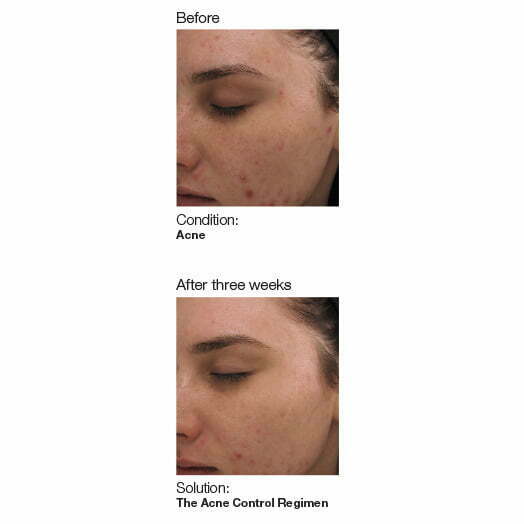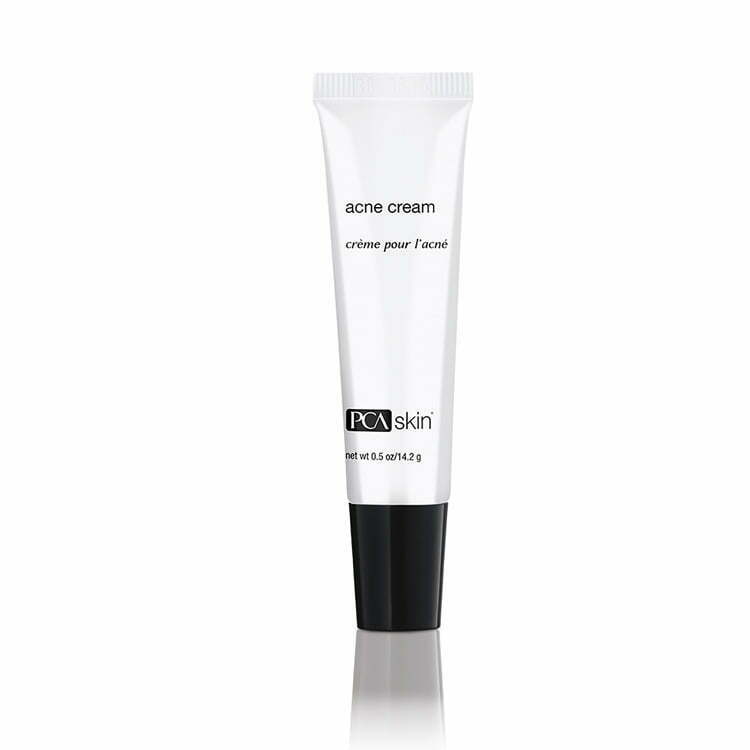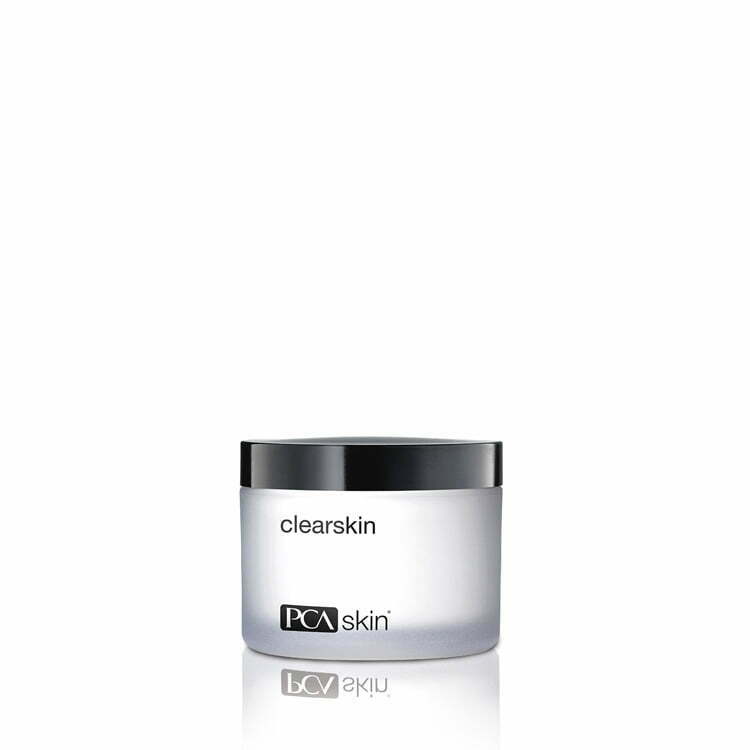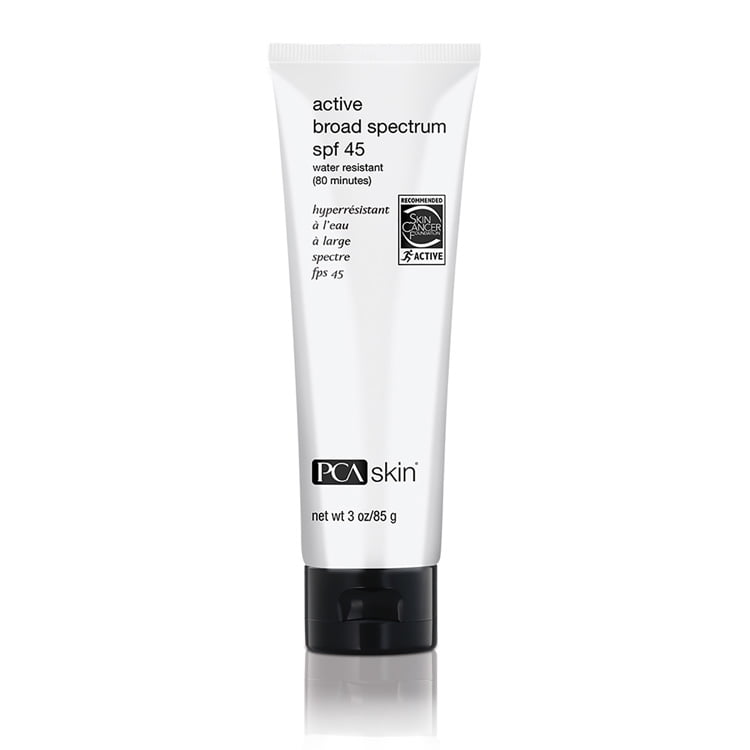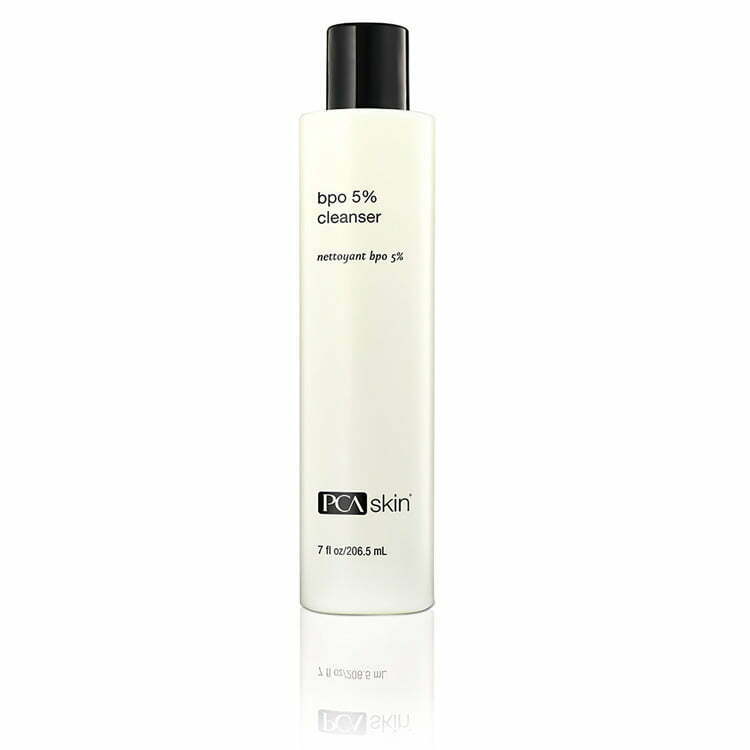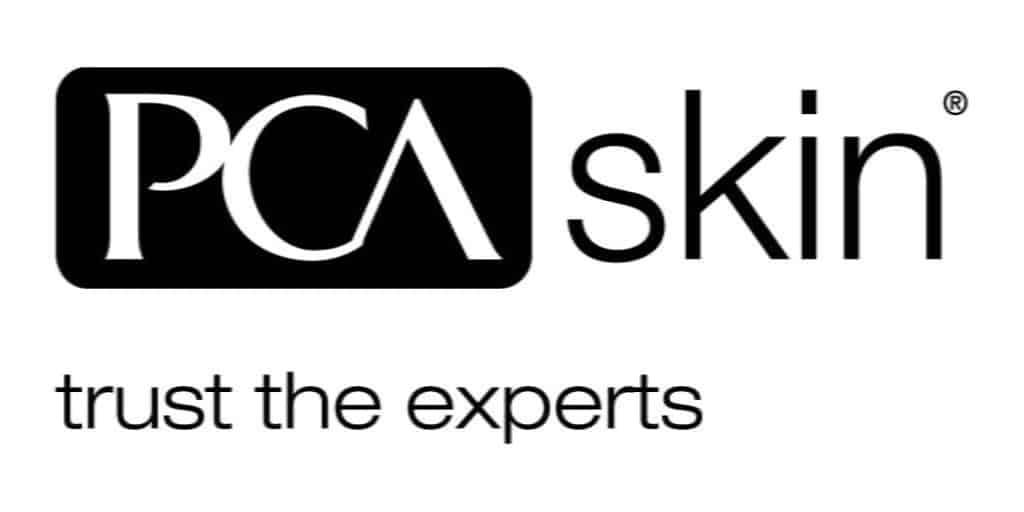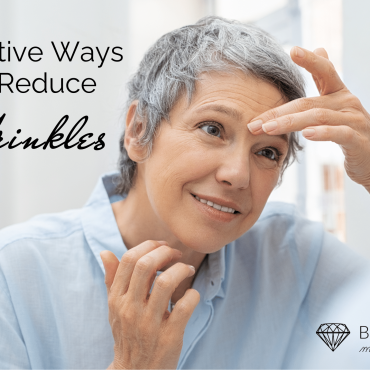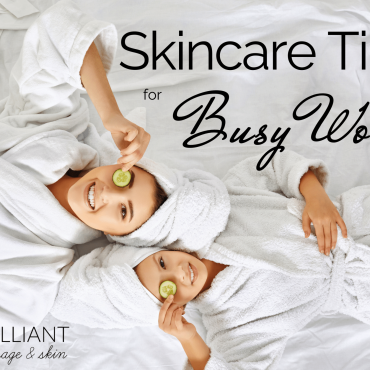Acne is a medical condition that, in most cases, can be successfully addressed with the right treatments and medications.
Face the clear facts behind the causes of acne. Hormones. Clogged pores. Bacteria. You probably know they all contribute to acne, but the truth is no one knows exactly what causes it. Most experts agree, though, that there are several related factors that may aggravate the condition, including:
Hormones—Teens and adults face hormone fluctuations, especially women during pregnancy, menstrual cycles and menopause.
Genes—Acne tends to run in families. In fact, some studies suggest that up to 81% of acne sufferers are genetically predisposed to the condition.
Prescription drugs— Certain drugs, including steroids, testosterone, hormone replacement therapy (menopause), lithium, anti-seizure, barbiturates, DHEA, or even cough medicines that contain bromides or iodides, can cause acne or acne-like symptoms.
Stress—We know that too much stress isn’t good for our health, including acne. Higher stress levels in women can aggravate hormones that cause acne.
Products— Many products that you put on your face have the potential to clog pores. Be careful of oil-based products with acne-prone skin.
Sport-induced— Caused by heat, friction, and pressure against the skin, athletes may get acne, often from wearing sports gear like helmets, baseball caps or non-absorbent clothing as well as not showering after sports.
Treatments include over-the-counter creams and cleanser, as well as prescription antibiotics.
Self-care
Clindamycin / Tretinoin
It can treat acne.
Benzoyl peroxide / Salicylic acid
A topical medication that reduces acne-causing bacteria and sheds the skin.
Antibacterial soap
Cleanses skin and reduces risk of infection.
Medications
Anti-inflammatory
Prevents or counteracts swelling (inflammation) in joints and tissues.
Vitamin A derivative
Unplugs blocked hair follicles and helps prevent new blockages from forming. Slows skin cell growth.
Antibiotics
Stops the growth of or kills bacteria.
Topical antiseptic
Destroys or prevents the growth of microorganisms on the skin that may cause infection.
Specialists
Pediatrician, Primary care provider (PCP), Dermatologist and Medical Esthetician.
Smart skin care routine can dramatically reduce acne in the first weeks and or make acne go away in 3-6 months. Some of us need to work at having blemish free skin.
Exciting News! Soon we are going to be introducing PCA Skin Care acne advanced profesional treatments and products at Brilliant Massage Therapy!
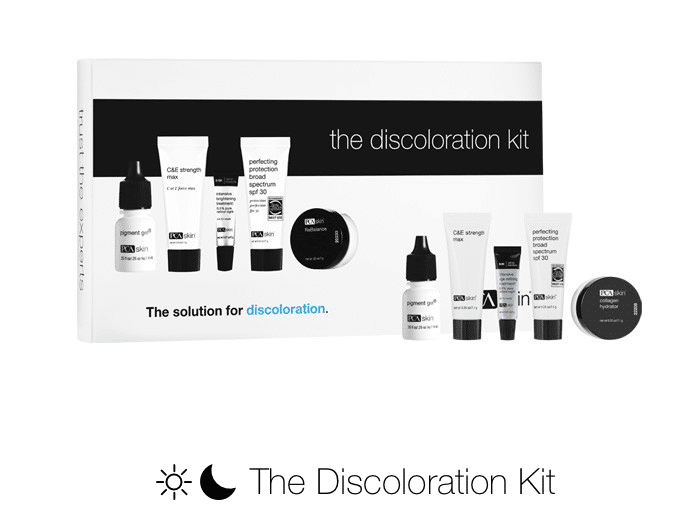
Brilliant Massage Therapy,
Burlington, Vermont

